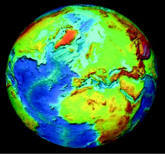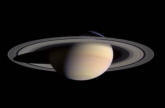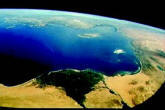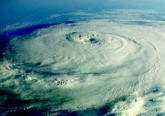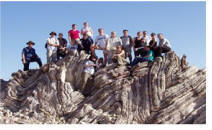Study Earth Sciences in the United KingdomUCL Earth Sciences is one of the oldest and largest centres for earth and planetary sciences in the United Kingdom, situated in Bloomsbury in the heart of London and within minutes from the British Museum, the British Library and the Royal Institution. The Times Good University Guide described London as "one of the most exciting cities in the world - the ideal place to be a student".UCL Earth Sciences enjoys world-class facilities
UCL Earth Sciences provides a wide range of undergraduate and graduate degree programmes
Research School of Earth Sciences At graduate and research level the Department is linked with that of Birkbeck College, to form the Research School of Earth Sciences at UCL-Birkbeck. The Research School is one of the largest centres in geological sciences in the United Kingdom, with 33 Academic Staff, 16 Research Fellows and 60 PhD students. Undergraduate Degree Programmes Violent volcanic eruptions and catastrophic earthquakes cause great loss of life and damage, and show the Earth to be a dynamic planet. To understand how our planet works, both at depth and at the surface, the ideas and principles of Biology, Chemistry, Physics and Mathematics are integrated in the exciting and stimulating studies which make up the Earth Sciences. Geoscientists can work anywhere on Earth - or on the Moon - in any country, in any climate, on an oil rig in the cold of Alaska or the heat of the Persian Gulf, in Antarctica, or the Himalayas, or at sea drilling the ocean floor. Many geoscientists work in the field, laboratory and office gathering data, analysing samples, interpreting results, computer modelling, preparing and presenting reports, planning future projects and contributing to policy on resources and environment. Another exciting possibility is to study the other planets and moons of the Solar System. Images of great clarity and beauty from space missions and the Hubble Space Telescope reveal the planets and their moons to have active and complex surface features. There is also the possibility that they might be potential sites for extra-terrestrial life. The scientific questions now being explored include the differences in the history of the planets, the processes which have shaped their surfaces and the extent to which their climates and potential for supporting life have changed. UCL Earth Sciences offers an exciting and challenging range of undergraduate degree programmes at MSci and BSc levels:
Fieldwork at UCL The Department meets all transport and accommodation costs for all undergraduate taught fieldwork Fieldwork provides a unique opportunity to develop independent and team skills and problem-solving abilities.
The Earth Sciences impact on human lives in many ways:
Hear what our students say **"While the learning curve in this discipline is steep ... my time in the department was both enjoyable and rewarding." more... International Programme UCAS Course CodeF605 MSci Earth Sciences (International Programme) Our newly introduced MSci in Earth Sciences (International Programme) offers the opportunity for students to broaden their horizons by spending their third year of study at a university in North America, in continental Europe or possibly even in United Kingdom. Those taking this MSci follow initially the first two years of the degree programme in a chosen specialty: Geology, Environmental Geoscience, Palaeobiology, Planetary Science or Geophysics but with an alternative option of a foreign language for those intending to study in a non English speaking country. The third year is spent abroad, with the student then returning to UCL for their fourth year to complete the MSci. The final title of the degree awarded will reflect the 'flavour' of the courses taken, for example 'MSci Geology (International Programme)'. Request Information: |
|
| ||||||||||||||||||||||




